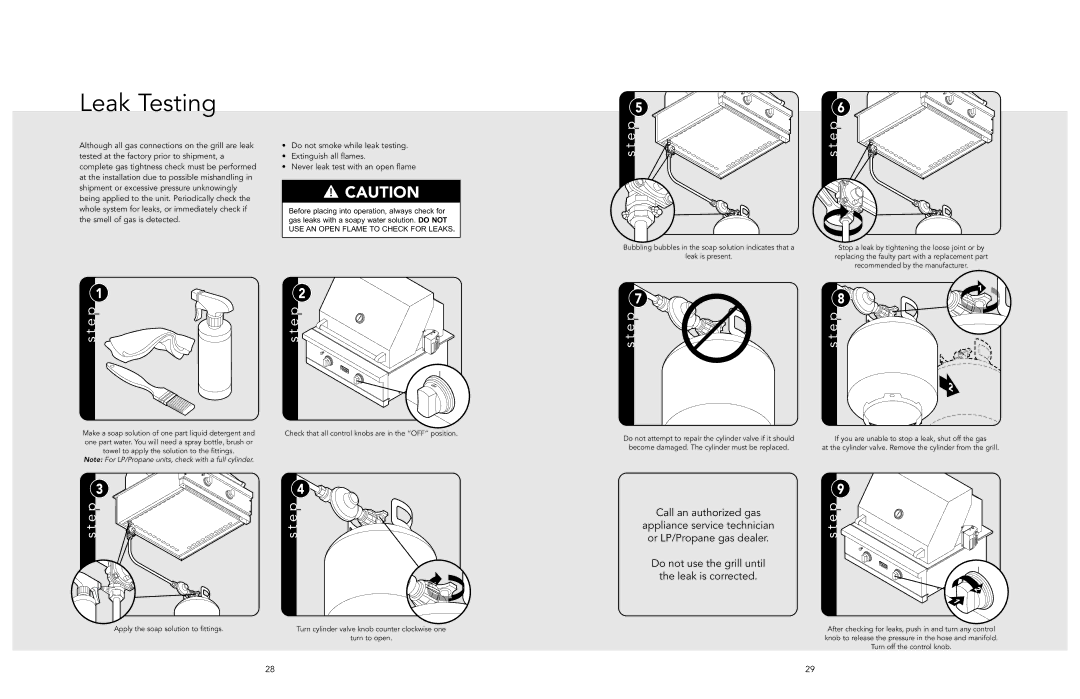viking specifications
The Vikings, a seafaring people from Scandinavia, are often remembered for their raids and explorations from the late 8th to the early 11th centuries. They were not merely warriors but also traders, settlers, and skilled craftsmen. Viking society was complex, with a rich tapestry of culture, mythology, and technology that facilitated their notorious journeys across the seas.One of the most recognizable features of the Vikings was their longships. These vessels were marvels of engineering, designed for both speed and agility. Constructed from clinker-built planks, the ships were lightweight yet sturdy, allowing them to navigate shallow rivers and venture into the open sea. The longship's shallow draft made it possible to beach the vessel for land raids, while its sleek design enabled it to travel swiftly across oceans. The sail, often made of wool, could be raised or lowered depending on the wind conditions, showcasing the Vikings' adaptability at sea.
The Vikings were also known for their advanced technological skills, particularly in metalworking and woodworking. They forged high-quality weapons, including swords and axes, often inlaid with intricate designs that demonstrated their craftsmanship. Additionally, they utilized various tools for farming, shipbuilding, and everyday life, which contributed to their survival and success as both raiders and settlers.
In matters of trade, the Vikings established extensive networks across Europe, the Middle East, and Asia. They exchanged goods such as fur, amber, and slaves for silver, silk, and spices. Their trade routes connected them to distant cultures, resulting in a vibrant exchange of ideas, technologies, and goods.
Socially, Viking society was structured around clans and chieftains, with a warrior ethos that emphasized bravery and loyalty. They celebrated their gods and heroes through oral traditions, passing down sagas and myths that celebrated their history and cultural identity.
Viking settlements were established in places like Iceland, Greenland, and even North America, demonstrating their adventurous spirit and willingness to explore new lands. These outposts often included longhouses built from timber and sod, designed to withstand harsh weather conditions.
Overall, the legacy of the Vikings endures as a testament to their resilience, ingenuity, and the profound impact they had on the world during their era. Their blend of fearsome reputation and remarkable achievements continues to captivate audiences to this day.

